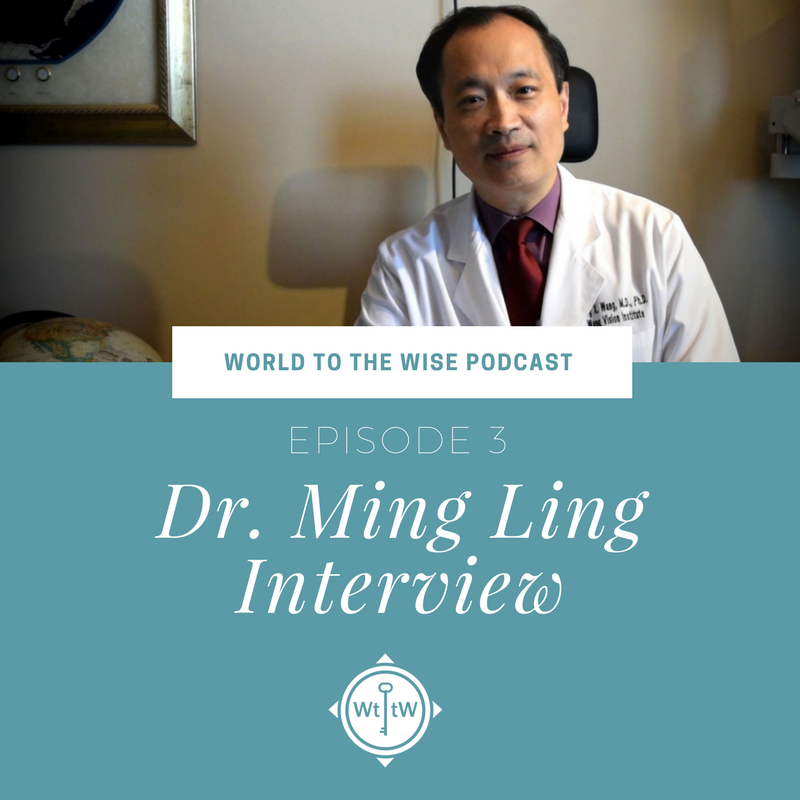One of the most desirable travel destinations in the world, yet perhaps one of the least fulfilled, is New Zealand. It's understandable why most people only dream of going there -- it's a long way from just about anywhere except Australia, and it's not cheap. About a year and a half ago my wife and I were able to spend two fabulous weeks there, visiting our dear friends Neil and Jill White. Neil and Jill were our colleagues during our years in Amsterdam, and they had already come to visit us in Nashville years after we had parted ways. So it was our turn to visit them in their homeland, and I will tell you it was not easy to get back on that plane to come home. (Want to know how we were able to swing it? Travel hacking! Find out what that is in my interview with Chris Guillebeau.)
In this episode of the World to the Wise podcast, I have the pleasure of introducing you to this beautiful country as Neil and Jill give us an overview of the land, its people, and its culture.
It's worth mentioning that Neil and Jill are also Air BnB hosts, so if you happen to decide to make the journey, you MUST spend a few days at their place on the Bay of Plenty on the east coast of the North Island.
Next week I'll be coming to you from beautiful Switzerland, where I just arrived yesterday for a brief concert tour.























